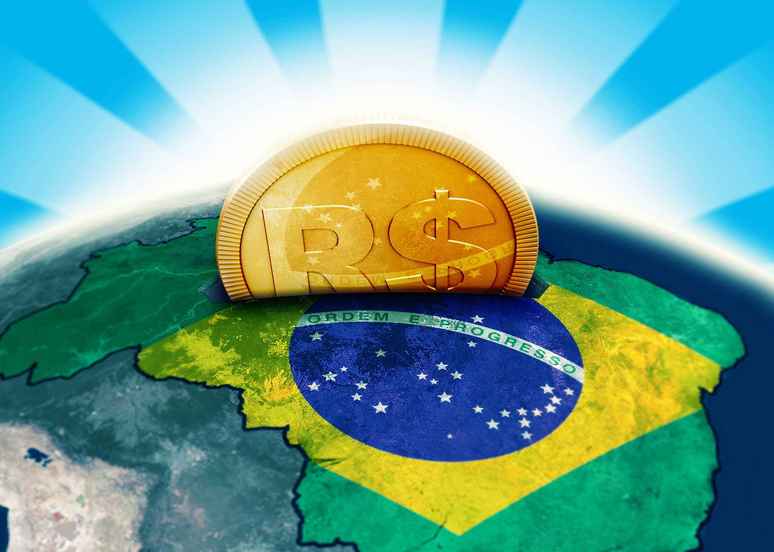RIO DE JANEIRO, BRAZIL – Since the outbreak of the novel coronavirus pandemic in Brazil, the country risk has skyrocketed 178 points, rising from 210 to 388 points between February and June on JPMorgan’s EMBI+ (Emerging Markets Bond Index Plus).

In the same period last year, shortly after the inauguration of President Jair Bolsonaro, there was an increase of only four points. This indicator works as a gauge of foreign investor confidence in emerging countries and the MacroSector consulting firm’s estimate is that EMBI+ Brazil will close the year with an average of 350 points, compared to 241 last year. If this is confirmed, it will be the worst result since ex-president Dilma Rousseff’s impeachment in 2016, when the index hit 384 points.
“The fiscal situation is dramatic and the President only talks nonsense. Foreign investors ultimately have little cause to believe that Brazil will do well in the novel coronavirus crisis,” says Fábio Silveira, MacroSector’s managing partner.
Not by chance, the withdrawal of foreigners from the Brazilian Stock Exchange, despite having slowed down in the last month, is still alarming. In the year to June, foreign investors have already withdrawn R$76.5 (US$14.4) billion from the Brazilian stock market. In one month, IBOVESPA, the main index on the Brazilian Stock Exchange, accumulated a high of 3.87 percent, pushed by local investors who dropped fixed income securities as a result of historically low interest rates.
Those with money to invest will not apply it to the real economy, according to André Perfeito, Necton’s chief economist. “If you own a business, you won’t invest money now with so many uncertainties regarding the magnitude and length of the Covid-19 crisis. They eventually look to the stock market for more efficient companies that are currently profiting, such as companies linked to e-commerce.”
The economist points out that foreigners view Brazil with suspicion, primarily because of the Covid-19 crisis, which tends to strike the country harder than other emerging economies, and assess that the government lacks coordination to deal with the disease. “Secondly, there is a lesser difference between interest rates in Brazil and abroad now, with the SELIC (the basic interest rate) at 2.25 percent per year and the high dollar. The risk is even higher for foreigners.”
The risk perception for foreign investments in Brazil improved by seven percent last month, compared to May, but this was due to an increase in the price of commodities, the primary products on which the country relies to export, such as soybeans, oil, and iron ore.
“It’s not that the political picture has improved and the country’s fiscal framework also tends to become more fragile because the government will need to get into even greater debt to transfer new resources to families and companies. But commodities have revived the situation,” Silveira says.
Another international indicator, the CRB (Commodity Research Bureau), helps to relate this rise in commodity prices to the political crisis and the risk for investments in Brazil. In 2015, the start of the last recession before the crisis caused by Covid-19, the commodity price index dropped 28 percent over the preceding year, to 209 points, which impacted economic activity and helped sour the mood against the government, recalls the economist of MacroSector.
This year, the historical commodity price floor occurred in April, due to the pandemic. Today, it stands at 140 points, up 16 percent from last month. “It seems to have hit rock bottom and started to rebound, but it’s still worrying,” Silveira says.
The projection is that the risk index for Brazil will continue to drop, but uncertainties regarding the unfolding of the pandemic in the country and new chapters of the political crisis involving the Planalto should cloud this scenario even further.
When compared to nine emerging countries, Brazil’s risk is only lower than that of neighbors in a severe fiscal situation and plunged into cyclical crises, such as Venezuela (26,955 points) and Argentina (2,539), in addition to Turkey (581).
Source: O Estado de S. Paulo

